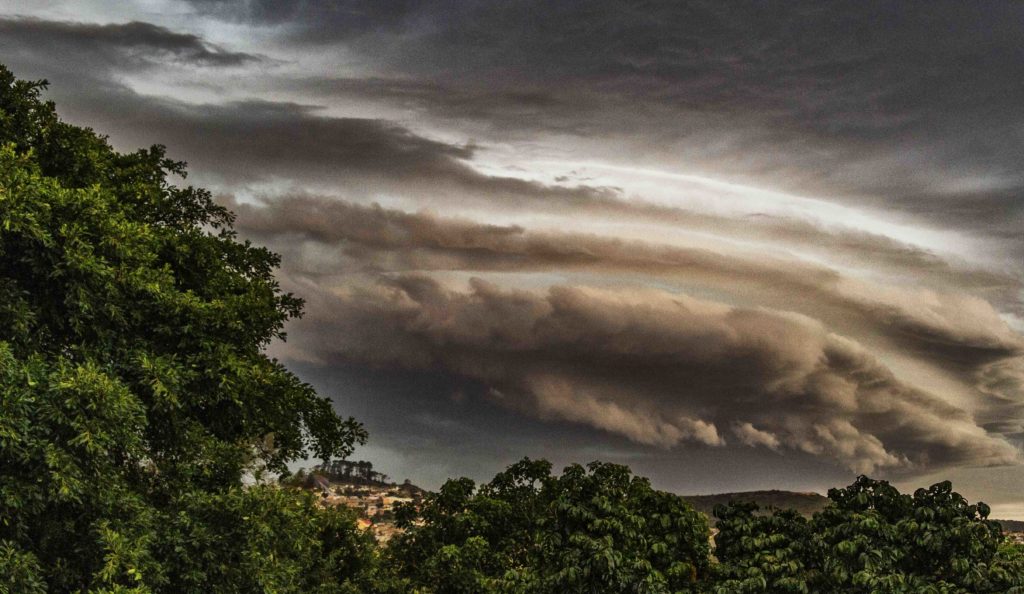By Roger Rowswell with contributions by Mike Palmer, Jim Cambray and Pat Irwin
Recently, I received a copy of an edict/notice put out by the Port Elizabeth Meteorological Office, indicating that a 100-year flood was on the cards in the near future. This is an event I have anticipated for a while, but had not fully explored the probability. After some digging, it became clear to me that, based on the cyclical nature of weather, there are indeed promising signs that our drought will soon be over.
Flood of 1823
The earliest recorded instance of a heavier-than-average rainfall in Makhanda (Grahamstown) occurred in the early part of the 19th century. A big flood was reported in the diaries of George Barker, during the Theopolis Mission (1815 to 1839), near today’s Southwell. Known as the ‘Flood of 1823’, a heavy rain persisted for 10 days in October of that year. Although precise figures were not provided, it is evident from Barker’s written account and the resulting damage, that it was a substantial flood.
Deluge after drought
According to the Old Gaol records, which contains the earliest rainfall records in Grahamstown (starting in 1879), the next heavier-than-average rainfall was in 1922. Since we now had recorded rainfall measurements, we could also determine that the 1922 deluge occurred after a period of prolonged drought.
Of the 998.3mm total rainfall in 1922, 304mm fell over a period of six days. This was reported in the Grocott’s Daily Mail of 6 November, 1922, under the headline “A Great Storm – The Heavy Deluge”.
Future flooding
As you know, Grahamstown and large parts of the south-western areas of the Eastern Cape are currently in the grip of a severe drought. The annual rainfall for 2019 was the lowest recorded in at least 34 years.
In order for our dams to fill up enough to adequately alleviate us from the present drought situation, we will need a repeat of the heavy rainfall experienced in 1823 and 1922. Thankfully, the historical rainfall records are telling us to expect it soon.
As the Meteorological Office in Port Elizabeth puts it: “A serious extreme event is on the horizon – when exactly is the big question”.
That said, such extreme rainfall could cause more than just relief – it could cause damage. Everyone, including the Municipality, should be prepared for such an event. Clearing and keeping all drainage systems free of debris, especially plastics, will help reduce damage and environmental pollution during flood events.
Furthermore, a looming flood event should not be a reason to stop using water sparingly. Only once the dams are full should we have sufficient water for the restrictions to be partially lifted.
For an unabridged version of this article, which also includes tables, references and graphs. Please refer to:
https://www.grocotts.co.za/2020/02/27/droughts-and-deluges-when-will-the-drought-be-over/


